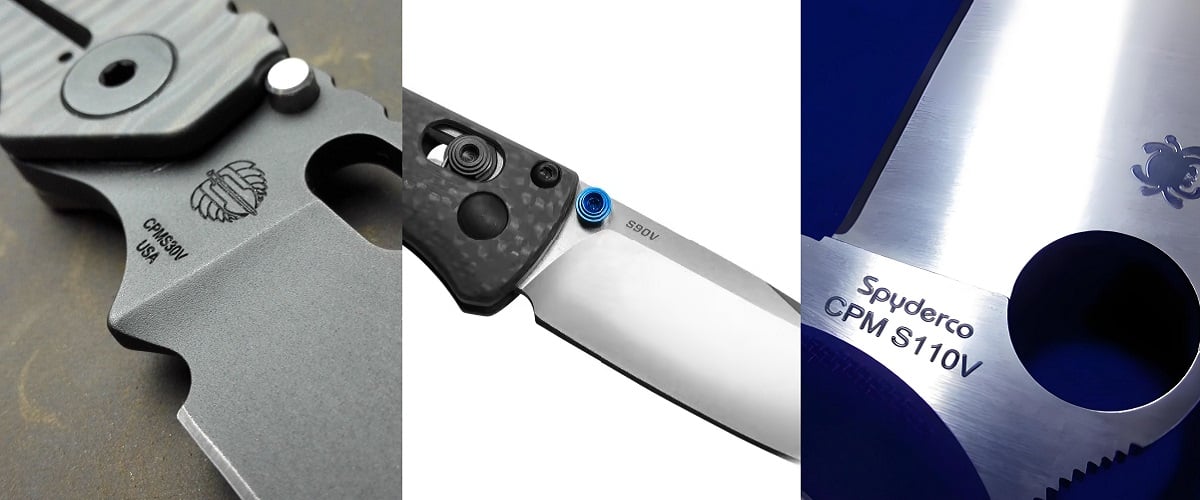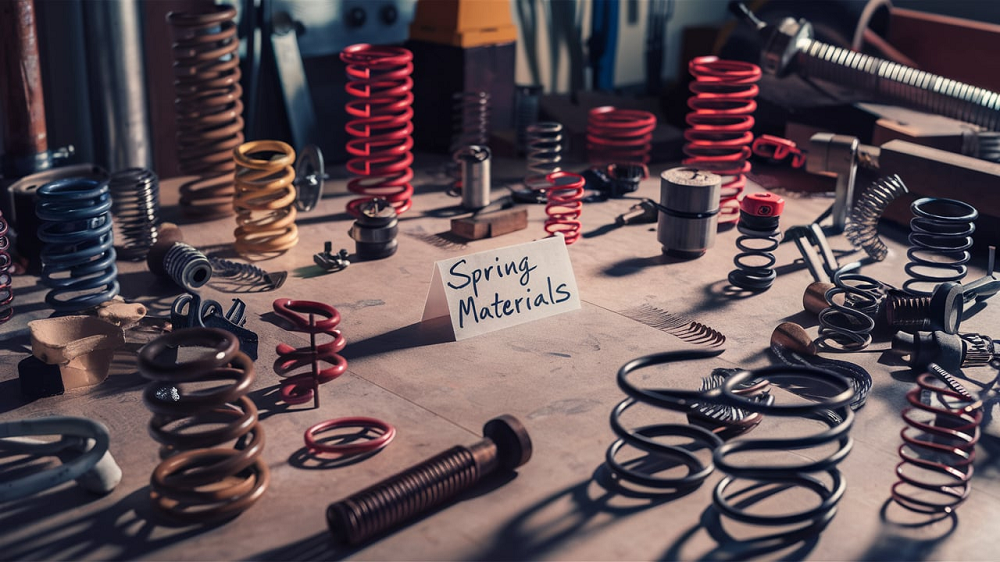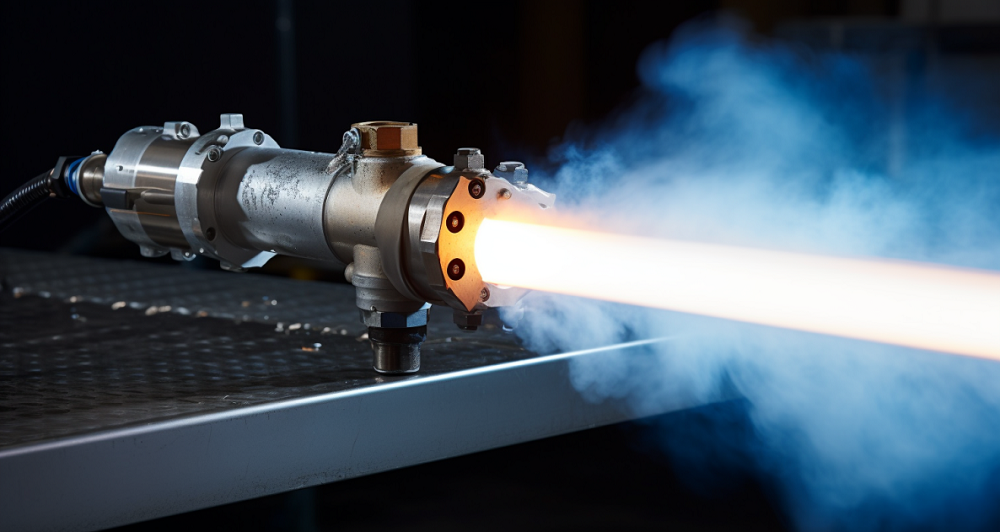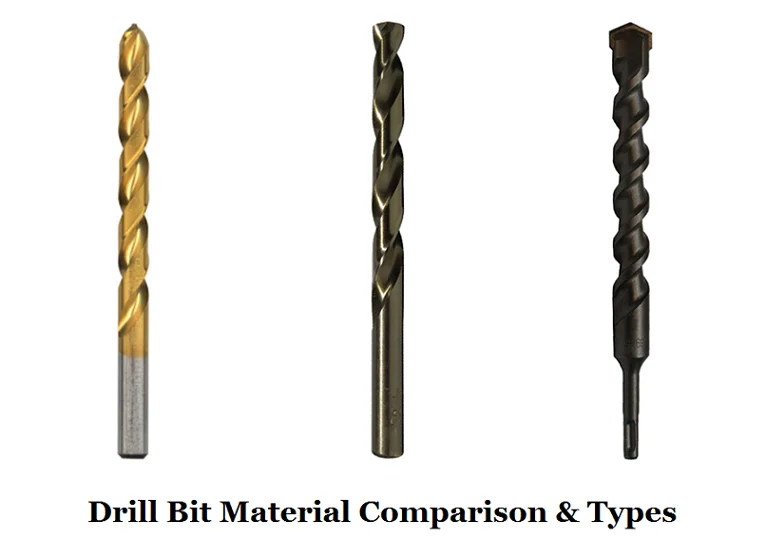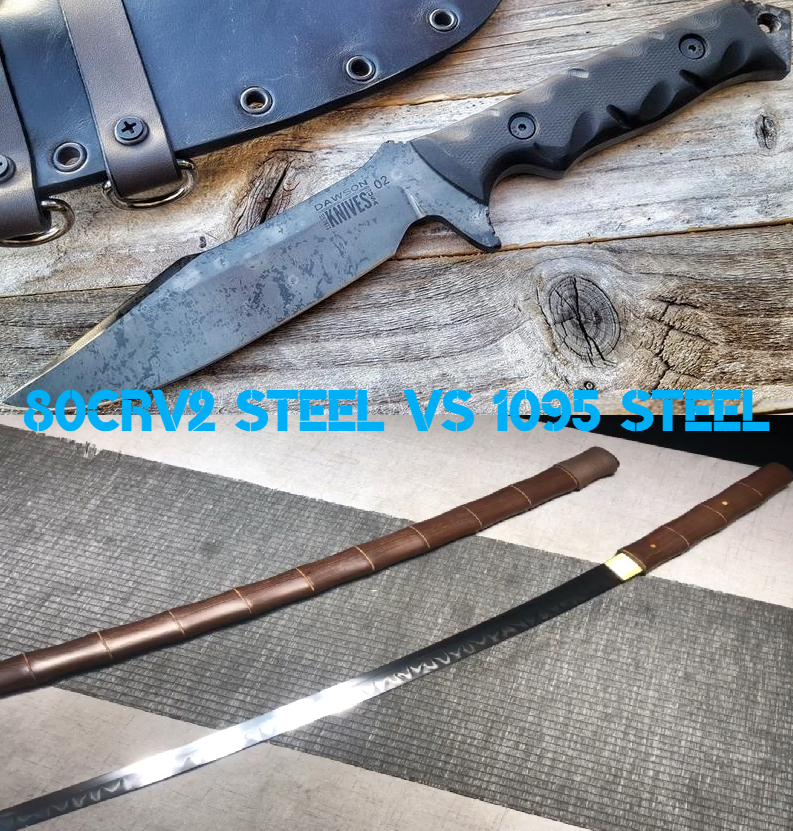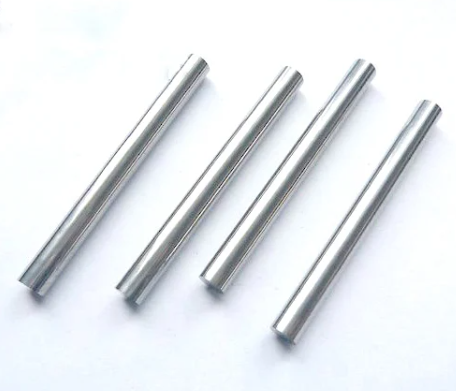Drill bits can be made of various materials; understanding the relative hardness of your drill bits compared to that of the material you are drilling is critical for the tool selection. Here we’ll explore the hardest or strongest drill bit material, carbide vs cobalt, and the best choice for hardened steel and stainless steel.
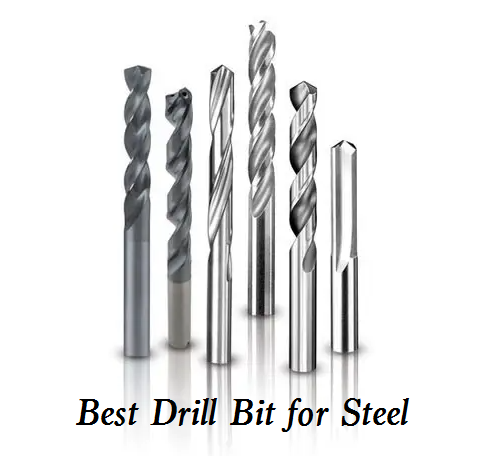
Strongest Drill Bit Material – What Are the Hardest Drill Bits?
There are a few different materials that drill bits can be made of, with varying levels of hardness. The tungsten carbide is considered the strongest drill bit material and can work with almost any steel.
Carbide (Tungsten Carbide)
Tungsten carbide drill bits are among the hardest and strongest tools available, made from a composite of tungsten and carbon atoms that create a material nearly as hard as diamond. This extreme hardness, combined with excellent heat resistance and high stiffness, allows carbide drill bits to maintain a sharp cutting edge much longer than traditional steel bits, even under high-speed, high-temperature drilling conditions. They excel in tough applications like drilling through masonry, concrete, hardened steel, stainless steel, and other extremely hard metals where precision and durability are critical. However, due to their brittleness, carbide bits require careful handling and stable machine setups, making them ideal mostly for industrial production drilling rather than handheld use. Their advanced material composition and potential coatings enable efficient cutting, heat dissipation, and longer tool life, though they come at a higher cost. Carbide drill bits are widely used in aerospace, automotive manufacturing, metal fabrication, and other industries demanding high-quality, precise, and durable drilling tools.
Advantages of Carbide Drill Bits
- Carbide drill bits withstand extremely high temperatures and are perfect for fast and long drilling sessions without losing sharpness.
- They can cut through a wide variety of hard and soft materials, including steel, aluminum, and ceramics.
- Their durability ensures a long service life even when used on challenging surfaces.
- Carbide bits provide high precision, producing cleaner and more accurate holes with less chance of error or damage.
Disadvantages of Carbide Drill Bits
- Carbide is brittle and can chip or break if dropped, misused, or exposed to sudden pressure changes.
- They are more expensive than other types of drill bits because of the rare materials and complex manufacturing processes involved.
- Their brittleness requires use with stable equipment and proper technique, limiting their use in handheld or less stable drills.
Common Types of Carbide Bits
- Solid carbide bits: Entirely made of tungsten carbide, and are the most durable and long-lasting option.
- Carbide-tipped bits: Have a tungsten carbide tip or edge, but the rest of the bit is made of a different material, such as steel.
- Carbide-coated bits: These bits have a thin layer of tungsten carbide coating on the cutting edge, but the rest of the bit is made of a different material.
Carbide vs Cobalt Drill Bits
Cobalt and carbide are both strong and tough materials, then how to choose the better one between them? Let’s look at their differences first.
1. Composition and Hardness
Carbide drill bits are made from tungsten carbide, a compound of carbon and tungsten, which makes them extremely hard, rated about 75 HRC on the Rockwell scale. In contrast, cobalt drill bits are high-speed steel (HSS) alloys with 5% to 8% cobalt added (M35 or M42 grades), giving them a hardness around 65-67 HRC. This means carbide bits are significantly harder and better at maintaining sharpness for longer periods compared to cobalt bits.
2. Heat Resistance and Operating Temperatures
Cobalt drill bits can withstand high temperatures up to 1,100°F (593°C) without losing cutting efficiency, so they are excellent for drilling tough metals like stainless steel. Carbide bits, while very heat resistant, begin to lose performance and risk chipping at temperatures above about 900°F (482°C), so they need more careful cooling during use.
3. Durability and Brittleness
Carbide bits are extremely wear-resistant and keep their edges sharp through many holes, sometimes ten times longer than cobalt bits. However, they are brittle and prone to chipping or breaking if used improperly or subjected to shock. Cobalt bits, although less hard, are tougher and more flexible, better able to resist snapping or breaking under pressure or impact.
4. Precision and Applications
Carbide drill bits provide superior precision and maintain hole diameter accuracy better, ideal for CNC machines and high-volume production drilling of hardened steels and abrasive materials. Cobalt bits offer good accuracy but require more frequent resharpening and are better suited for general-purpose use, especially in machine shops drilling stainless steel, cast iron, or titanium alloys.
5. Cost and Maintenance
Carbide bits are more expensive upfront, especially for solid carbide types, and require professional sharpening with diamond wheels. Cobalt bits are relatively more affordable, easier to resharpen with standard grinding tools, and thus more practical for DIY or light commercial use.
6. Speed and Efficiency
Carbide bits can drill at speeds up to 30% faster than cobalt bits, so they are better for high-speed production environments. Cobalt bits operate well at moderate speeds and offer more flexibility with feed rates, reducing the risk of breakage during speed fluctuations.
7. Use Case and Tool Rigidity
Carbide is best for stable, rigid setups such as CNC machining or drill presses because its brittleness requires precise alignment and handling. Cobalt bits tolerate less stable conditions better and can be used effectively in manual operations and prototype work.
| Difference | Carbide Drill Bits | Cobalt Drill Bits |
|---|---|---|
| Material Composition | Tungsten carbide (hardest) | High-speed steel with 5-8% cobalt |
| Hardness (HRC) | ~75 (9.0 to 9.5 on the Mohs scale) | 65-67 (5.5 on the Mohs scale) |
| Heat Resistance | Lose effectiveness around ~900°F | Up to 1,100°F (better heat tolerance) |
| Durability | Very high, the edge lasts longer | Good, but needs more frequent sharpening |
| Brittleness | More brittle, chips easily | More flexible, less prone to snapping |
| Precision | Superior, holds tight tolerances | Good, needs more maintenance |
| Cost | Higher | Moderate |
| Sharpening | Requires a diamond wheel, professional | Can be resharpened with standard tools |
| Speed | High-speed drilling (up to 30% faster) | Moderate speed, flexible feed rates |
| Best Use | High-volume production, hard metals | Stainless steel, prototyping |
Which Drill Bit to Choose?
If you often drill very hard materials like hardened steel, titanium alloys, or abrasive composites and require high precision and speed, carbide drill bits are a better choice despite their higher cost and brittleness. They shine in industrial and CNC machining environments where rigid setups prevent breakage and maximize tool life. On the other hand, if you work with tough metals like stainless steel or cast iron but need a more affordable, versatile bit that you can resharpen easily, cobalt drill bits are ideal. They perform well in machine shops, for prototype work, or smaller production runs, especially where tool rigidity is less guaranteed.
Best Drill Bit Material for Hardened Steel
When it comes to drilling hardened steel, carbide or carbide-tipped drill bits are probably the best choice. Carbide drill bits offer unparalleled hardness, durability, and superior heat resistance, allowing them to withstand the high temperatures generated during drilling, while their efficient heat dissipation design helps prevent damage to both the bit and the workpiece. Carbide bits also excel in chip resistance, ensuring cleaner and more precise holes. Alternatives include cobalt and titanium-coated bits can be used, but need to take a longer time. And the effectiveness of titanium drill bits diminishes as the coating wears off.
Best Drill Bit Material for Stainless Steel
Drilling stainless steel requires tools that can handle its toughness and high hardness. Among the many drill bit options available, such as diamond core, solid carbide, carbide-tipped, molybdenum, titanium-coated, and cobalt, the cobalt drill bit is widely regarded as the best choice for stainless steel. This is because cobalt bits have excellent strength and heat resistance. These qualities are essential for drilling stainless steel, a metal known for its toughness and resistance to heat and wear. Cobalt drill bits maintain their sharpness longer than standard high-speed steel bits and can withstand higher temperatures without losing hardness. This makes them particularly effective when drilling thick stainless steel or when needing to make many holes in tough metals. While cobalt bits are more brittle than regular steel bits, requiring careful use, their durability and resistance to heat make them a reliable and efficient tool for heavy-duty metalworking tasks.
On the other hand, carbide drill bits, made from tungsten carbide, are even harder and offer excellent wear resistance, but carbide bits are more brittle and expensive than cobalt. In addition, titanium-coated high-speed steel bits provide a good balance between cost and performance. The titanium nitride coating reduces friction and extends the bit’s life, though these bits are not as tough or heat-resistant as cobalt or carbide. They work well for thinner stainless steel or occasional drilling, but are not the best for heavy-duty use.


